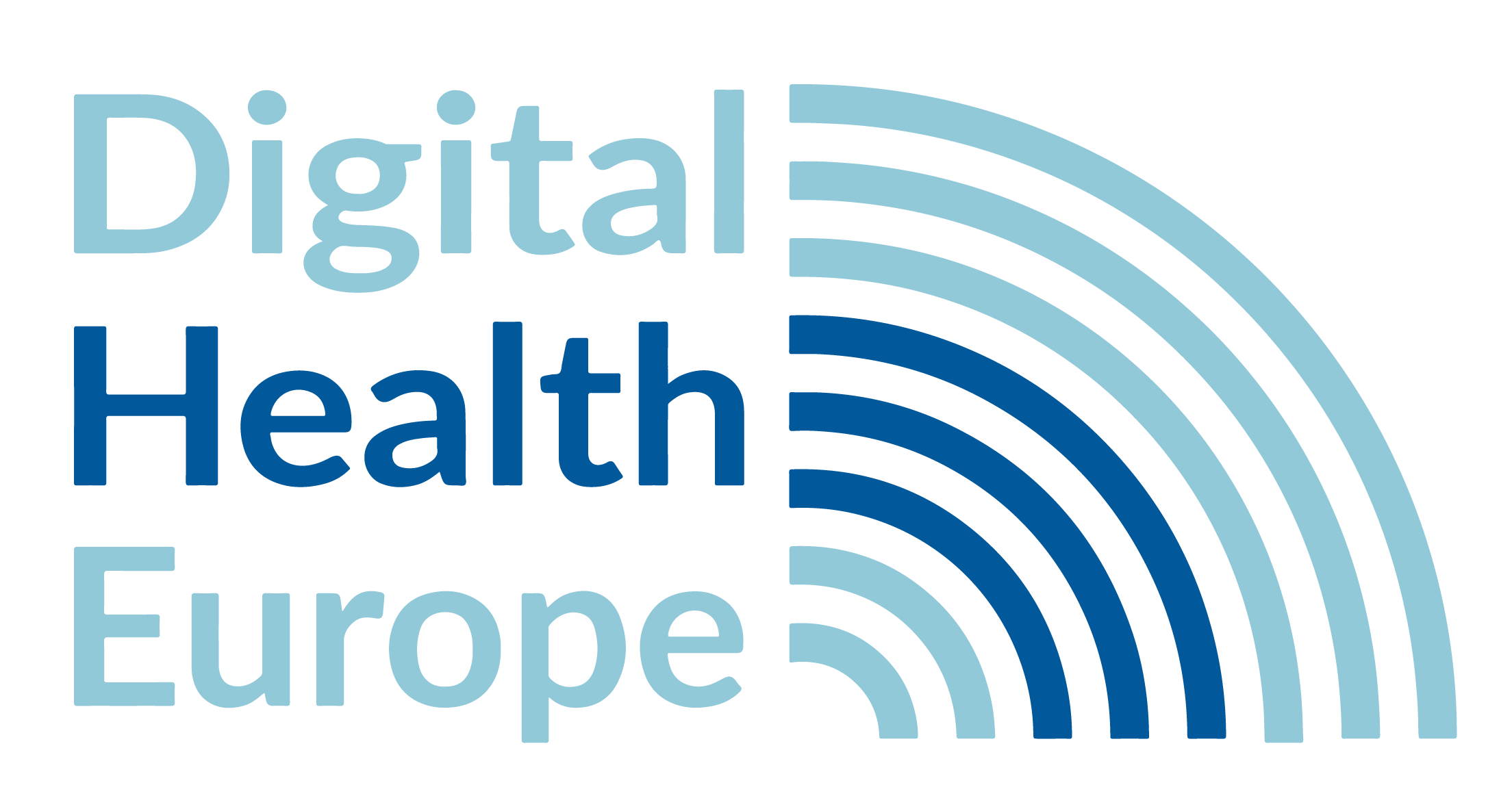Home › Home › Relevant documents › Policy documents
- This topic has 7 replies, 1 voice, and was last updated 3 years, 6 months ago by anett.ruszanov.
-
AuthorPosts
-
-
May 4, 2021 at 10:06 pm #3913anett.ruszanovKeymaster
Below is a constantly updated list of digital health-related European policy documents including regulations, European Commission communications, strategies, European Council conclusions, reports, etc.
-
May 6, 2021 at 8:27 pm #4045anett.ruszanovKeymaster
Digital Transformation of Health and Care, empowering citizens and building a healthier society
The Communication on Digital Transformation of Health and Care identifies three priorities:
- Citizens’ secure access to their health data, including across borders, enabling citizens to access their health data across the EU;
- Personalised medicine through shared European data infrastructure, allowing researchers and other professionals to pool resources (data, expertise, computing processing and storage capacities) across the EU;
- Citizen empowerment with digital tools for user feedback and person-centred care using digital tools to empower people to look after their health, stimulate prevention and enable feedback and interaction between users and healthcare providers.
Furthermore, the Communication provides a concrete set of actions on how each priority can be attained.
- This reply was modified 3 years, 10 months ago by anett.ruszanov.
-
May 6, 2021 at 8:41 pm #4047anett.ruszanovKeymaster
Shaping Europe’s digital future
In her political guidelines, Commission President von der Leyen stressed the need for Europe to lead
the transition to a healthy planet and a new digital world. This twin challenge of a green and digital
transformation has to go hand-in-hand.The Commission wants a European society powered by digital solutions that are strongly rooted
in our common values, and that enrich the lives of all of us: people must have the opportunity to develop personally, to choose freely and safely, to engage in society, regardless of their age, gender or professional background. Businesses need a framework that allows them to start up, scale up, pool and use data, to innovate and compete or cooperate on fair terms. And Europe needs to have a choice and pursue the digital transformation in its own way.For the next five years, the Commission will focus on three key objectives:
- Technology that works for people
- A fair and competitive economy
- An open, democratic and sustainable society
-
May 6, 2021 at 8:43 pm #4048anett.ruszanovKeymaster
Data governance act
The proposal is the first of a set of measures announced in the 2020 European strategy for data. The instrument aims to foster the availability of data for use by increasing trust in data intermediaries and by strengthening data-sharing mechanisms across the EU.
Read the Data governance act
- This reply was modified 3 years, 10 months ago by anett.ruszanov.
-
May 6, 2021 at 8:54 pm #4049anett.ruszanovKeymaster
Coordinated plan on AI
In its strategy on AI for Europe, the Commission proposed to work with Member States
on a coordinated plan on AI by the end of 2018, with the aim to maximise the impact of
investments at EU and national levels, encourage synergies and cooperation across the EU,
exchange best practices and collectively define the way forward to ensure that the EU as a
whole can compete globally.The Coordinated plan was revised in April 2021 and accompanied by the Artificial Intelligence Act a proposal for laying down harmonised rules on artificial intelligence.
-
May 6, 2021 at 9:00 pm #4050anett.ruszanovKeymaster
European skills agenda
The European Skills Agenda is a five-year plan to help individuals and businesses develop more and better skills and to put them to use, by:
- sustainable competitiveness
- social fairness
- resilience to react to crises
The European Skills Agenda sets objectives to be achieved by 2025.
Read the European Skills Agenda
-
May 22, 2021 at 2:25 pm #4236anett.ruszanovKeymaster
Public consultation about the European Health Data Space
Facilitating better access to and exchange of health data is crucial to ensure increased accessibility, availability and affordability of healthcare, to stimulate innovation in health and care for better treatment and outcomes, and to foster innovative solutions that make use of digital technologies, including Artificial Intelligence (AI). The collection, access, use and re-use of health data in healthcare poses specific challenges, in particular in finding the right balance between measures facilitating data sharing while preserving individuals’ interests and rights, including with respect to the protection of their personal data. In order to ensure that all possible views are considered in the design of a legal framework for a European Health Data Space and to ensure transparency and accountability, the European Commission invites all interested individuals and stakeholders to share their views and experiences. Your contribution can help provide important insights, opinions and evidence to support the impact assessment accompanying the EHDS proposal on the problems to be tackled, the policy options to be considered and their likely impacts.
Fill in the questionnaire
- This reply was modified 3 years, 10 months ago by anett.ruszanov.
-
September 23, 2021 at 2:56 pm #4317anett.ruszanovKeymaster
EU health data centre and a common data strategy for public health
Study requested by the Panel for the Future of Science and Technology (STOA) and
managed by the Scientific Foresight Unit, within the Directorate-General for Parliamentary Research Services (EPRS).Regarding health data, its availability and comparability, the Covid-19 pandemic revealed that the EU has no clear health data architecture. The lack of harmonisation in these practices and the absence of an EUlevel centre for data analysis and use to support a better response to public health crises is the focus of this study. Through extensive desk review, interviews with key actors, and enquiry into experiences from outside the EU/EEA area, this study highlights that the EU must have the capacity to use data very effectively in order to make data-supported public health policy proposals and inform political decisions.
-
-
AuthorPosts
- You must be logged in to reply to this topic.
